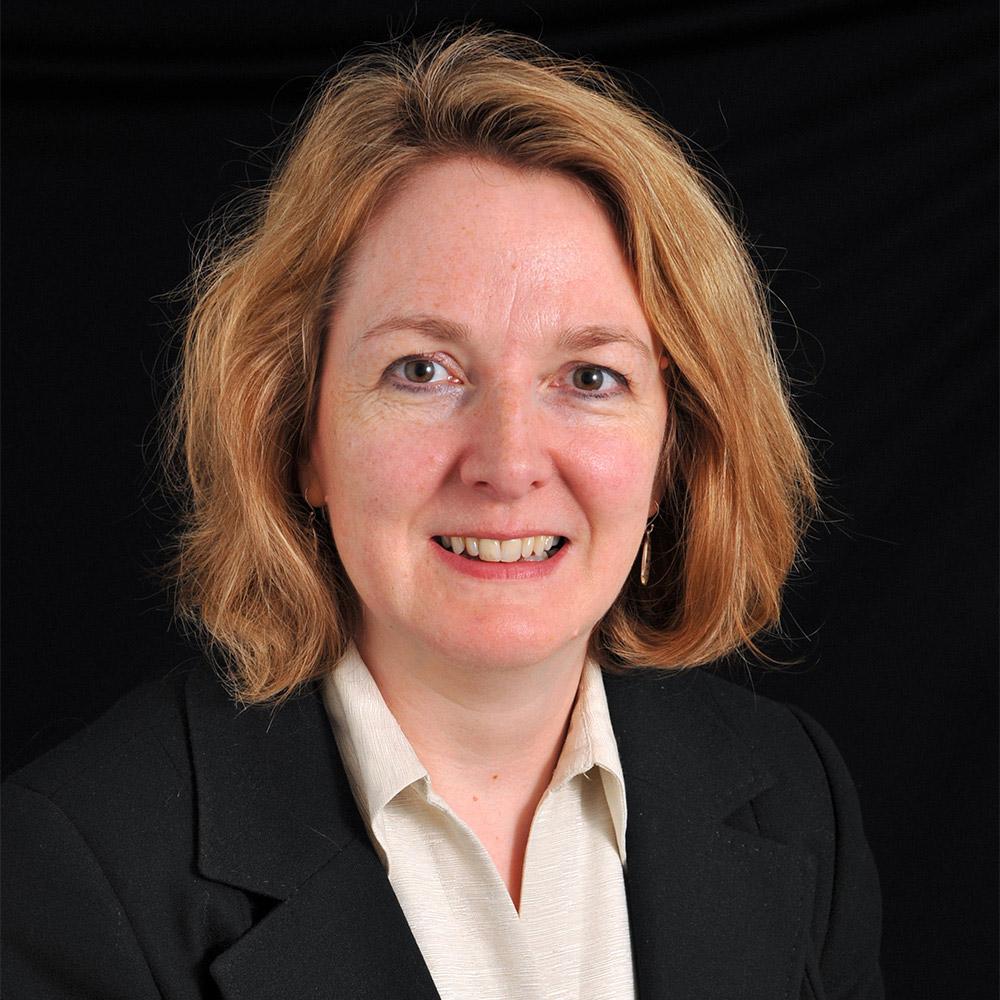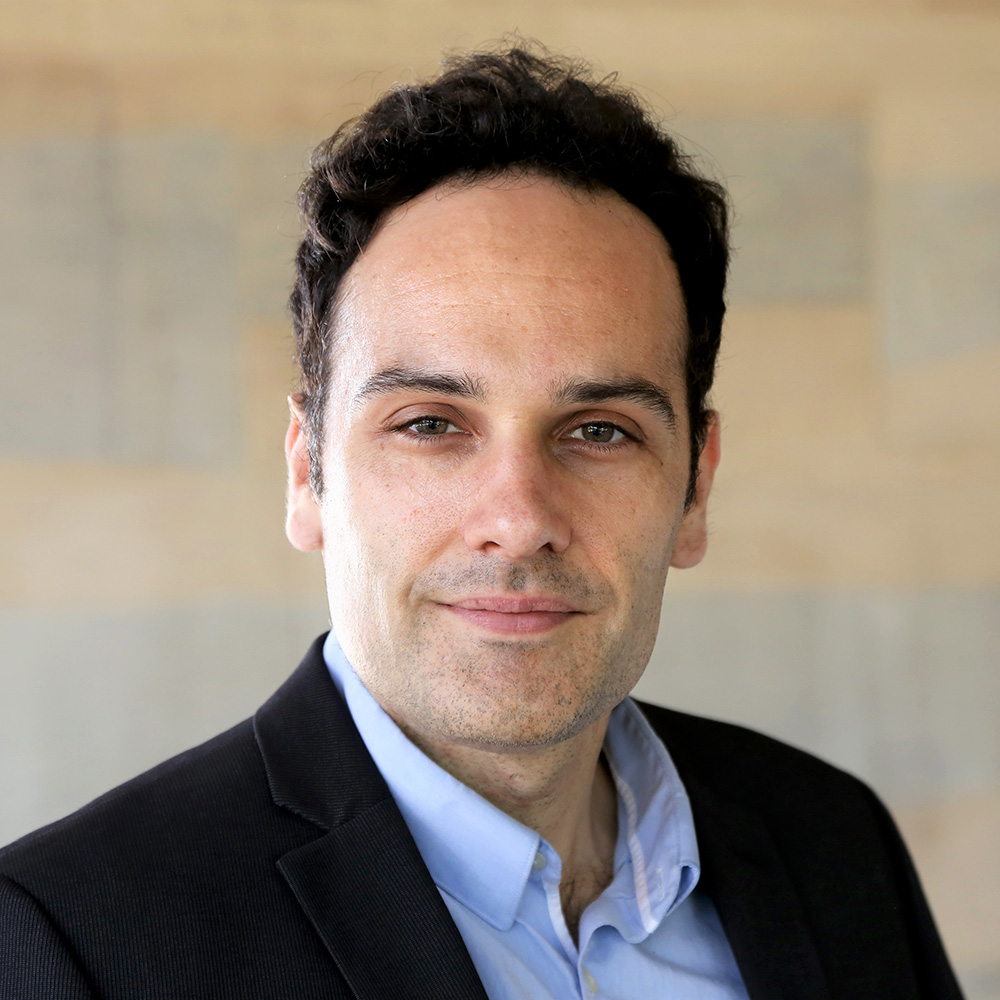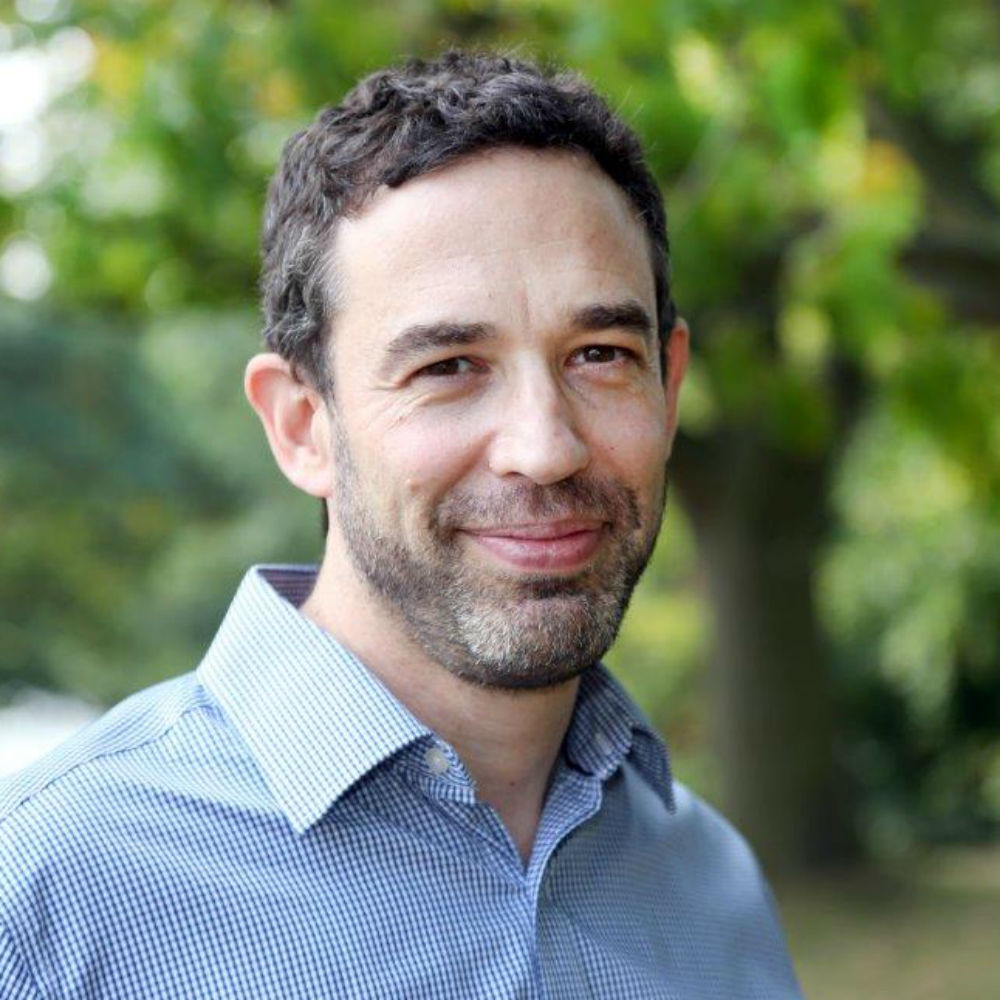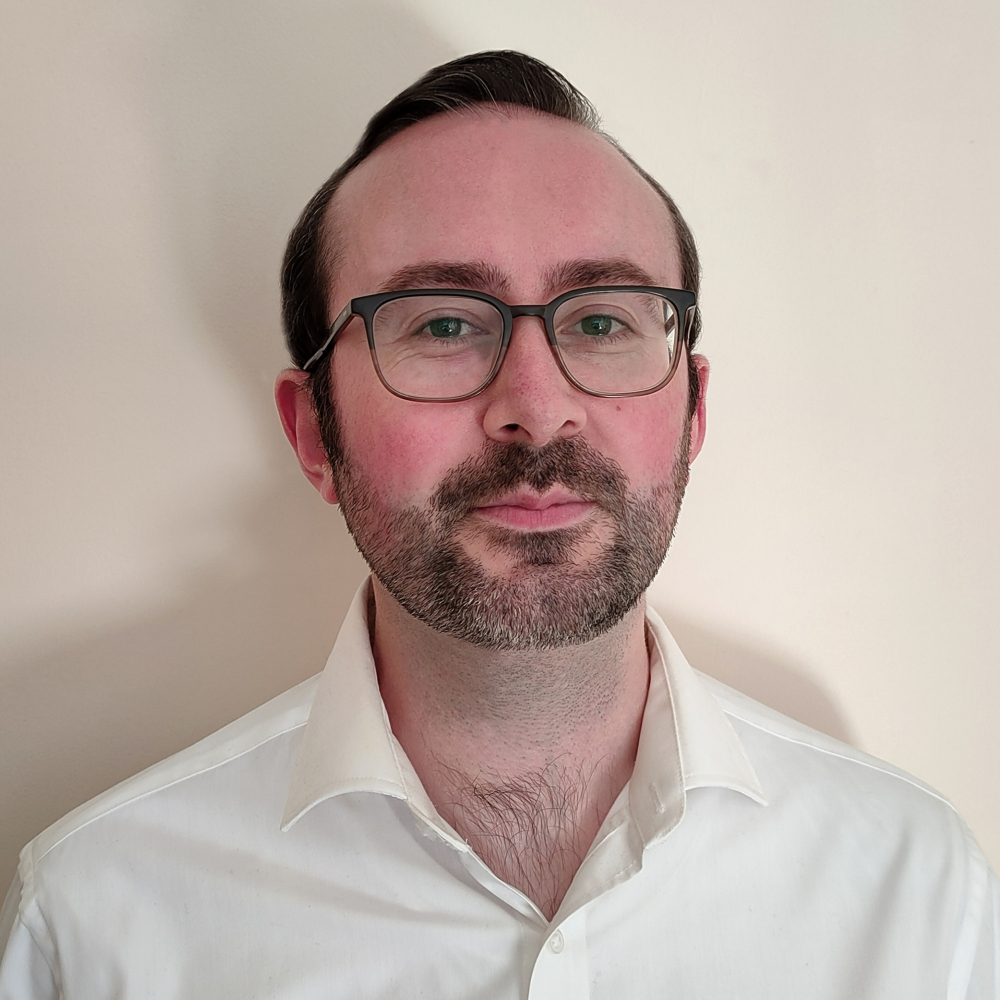Below are highlights of current research activity from our members. To explore more of our members research, please visit their staff profiles.
Professor Karin Littau in interested in media history and technology studies (Kittler, McLuhan, De Landa); dead and future media; interspecies communication; eco-materialism and extinction studies. She has published articles on media and materialism; the robot historian and machine translation; animal/plant/mineral languages and eco-translation; and on science fiction, including the Alien film quadrilogy, and Cronenberg’s cybernetic update of The Fly.
Professor Katharine Cockin is interested in reviving the study and performance of Karel Capek’s RUR. Rossum’s Artificial Robots. The play is a landmark in representations of artificial life, influenced by the technological shock of the First World War. Her research also focuses on Ellen Terry, the nineteenth-century actor and her daughter Edith Craig who was an influential theatre director and activist in the women’s suffrage movement.
Reading Robots project (2022-)
With Dr Dan O’Brien and Dr Sean Seeger, Professor Katharine Cockin launched the Reading Robots project. Third-year undergraduate student, Anuthi Kodithuwakku Arachchige was the Frontrunner assistant on the project. The reading group was organised using a Moodle and a film screening with audience discussion was led by Dr Dan O’Brien and Dr Sean Seeger.
Matthew De Abaitua has collaborated with the UK government's Defence Science and Technology Laboratory (DSTL) on the application of speculative literatures to future threat planning.
Professor John Preston researches the racial and classed contexts of preparedness campaigns for disasters and emergencies. His latest book 'Grenfell Tower: Preparedness, Race and Disaster Capitalism' (2019) uses Marxist value critique and Critical Race Theory to argue that disaster preparedness increasingly works against working-class and racialised populations.
Dr Sean Seeger is engaged in interdisciplinary collaboration with a sociologist in a paper for SAGE journal Thesis Eleven, concerning the benefit of reading dystopian literature to sociology research.
Andrew Burton is a PhD student reconciling agency and dramatic structure in climate narratives.











